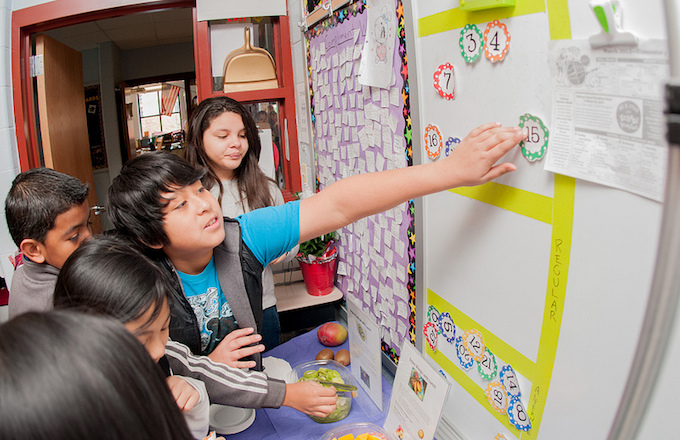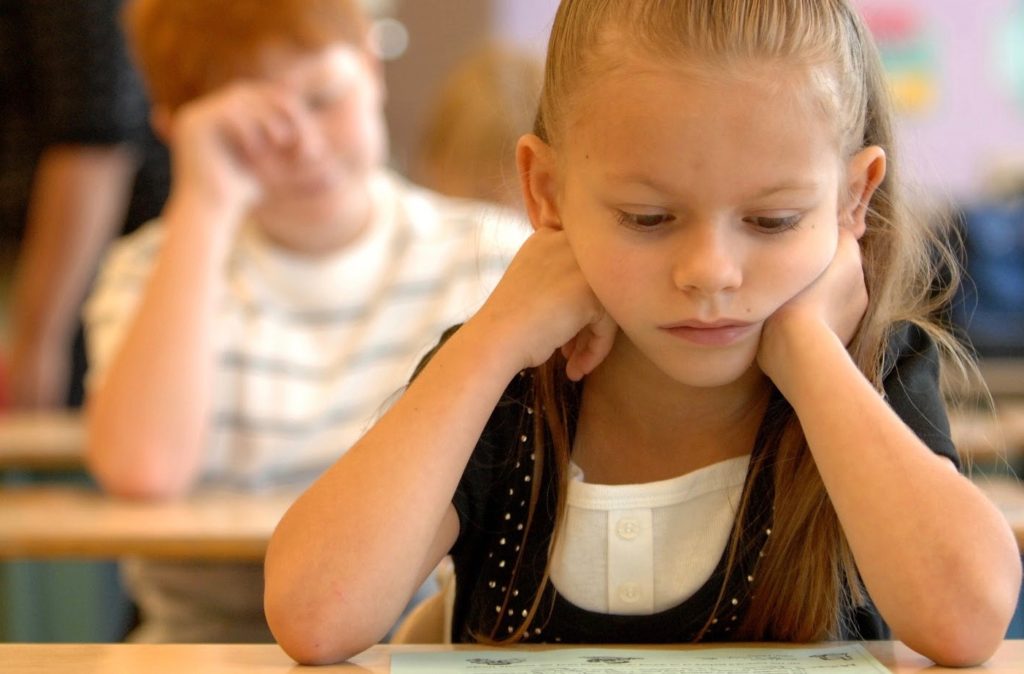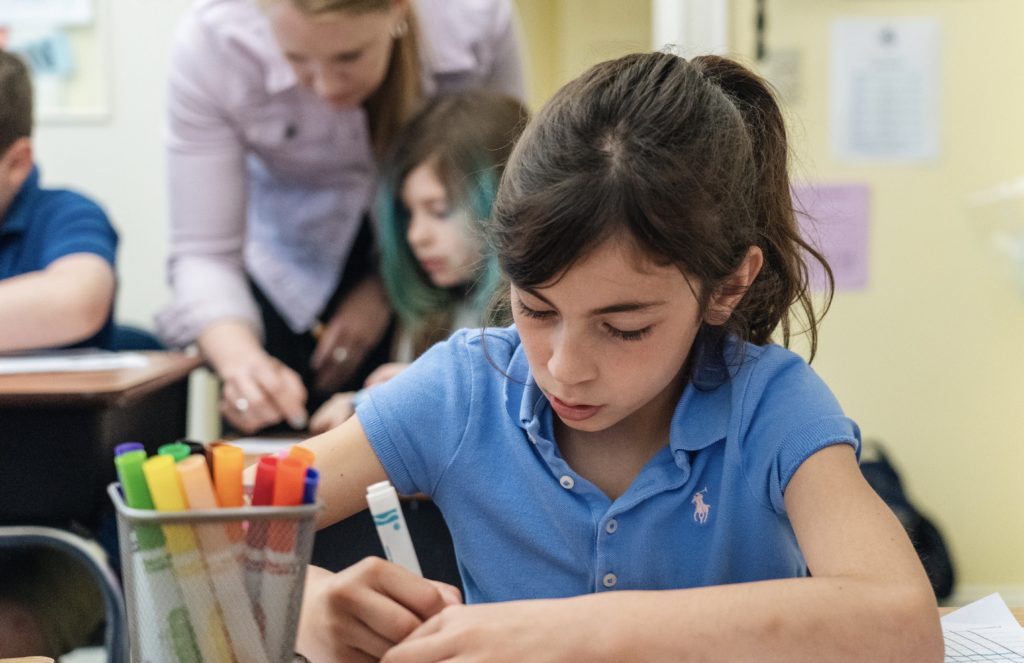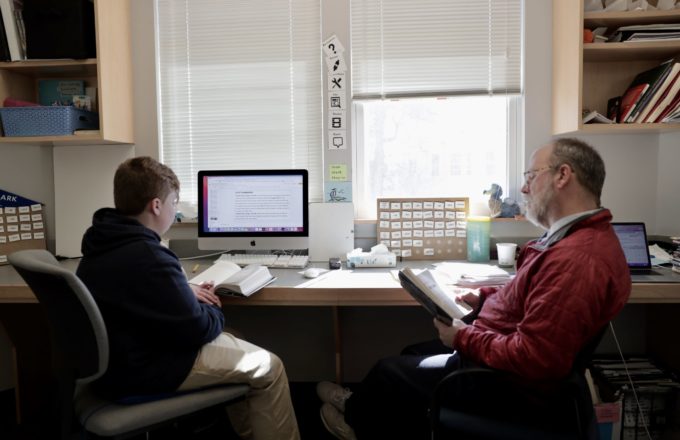What is Responsible Decision Making?
Responsible decision making is defined by the Collaborative for Academic, Social, and Emotional Learning (CASEL) as “the ability to make constructive choices about personal behavior and social interactions based on ethical standards, safety concerns, and social norms.” Essentially, all aspects of a potential decision and its consequences must be considered before a choice is made. To make the most appropriate behavioral choices, students need to learn how to evaluate the situation, analyze their options, and consider the potential consequences of each of those options for themselves and others.
What Skills are Associated with Responsible Decision Making?
In order for students to effectively make responsible decisions, they must develop competency with the following abilities:
- Identify the problem: Students must be able to accurately recognize when they have encountered a problem. Problems can range from difficulty meeting the expectations in a classroom, to choosing whether or not to complete homework, or even deciding to engage in unhealthy behavior, such as lying or using banned substances. It is important that students are able to appropriately acknowledge when they are faced with a problem. For some, recognizing that they are in a difficult situation can be challenging as a result of their language-based difficulties or social communication weaknesses.
- Analyze the situation: Once students have succeeded in identifying the problem, they must then learn to analyze the situation from a variety of angles, which includes identifying how and why the problem arose. To build this skill, students may benefit from educator guidance to fully understand their role in the developing situation.
- Solve the problem: After students have sufficiently identified, analyzed, and considered the problem, they then need to develop and practice methods for solving problems. They need to identify possible options and explore the potential consequences of each option. Educators can play a role in guiding the practice and implementation of these methods. Individual students may even need to be creative in their solutions to fit their own profiles.
- Consider ethical responsibility: In addition to the natural or identified consequences of a decision, students must also consider any ethical or moral obligations they may feel or be held to. For instance, before a student chooses to look at someone else’s test, the student will need to consider the potential ethical and moral repercussions of cheating.
- Evaluate and reflect: Evaluating and reflecting on what happened is almost as important as the decision making process itself. When students take the time to evaluate how successfully they identified, analyzed, and solved a problem, they are more apt to engage in appropriate reflection on what went well and what could be improved. This reflection allows students to note any necessary changes and work to incorporate those in their next decision making opportunity.
How Does This Connect to Landmark’s Teaching Principles™?
Developing responsible decision making skills can depend significantly on practice and feedback with an educator. During skill development, it is essential that students be included in this learning process, which is Landmark’s sixth Teaching Principle. In order for students to fully understand when they encounter a problem, it is important for them to engage in instruction and reflection with guided feedback. This process will increase their awareness and ability to navigate those situations, as well as build their understanding of how to analyze all possible consequences of different outcomes in order to make the best choice. For the full text of the Landmark Teaching Principles™, including “Include the Student in the Learning Process,” click here.



